John Potter, Anna Maria Friman, Ariel Abramovich, Jacob Heringman - Amores Pasados (2015)
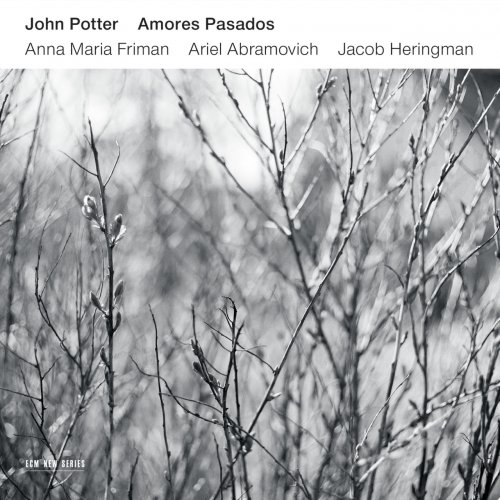
Artist: John Potter, Anna Maria Friman, Ariel Abramovich, Jacob Heringman
Title: Amores Pasados
Year Of Release: 2015
Label: ECM New Series
Genre: Classical, Vocal, Classical Crossover
Quality: FLAC (tracks) / MP3 320 Kbps
Total Time: 45:49
Total Size: 238 Mb / 102 Mb
WebSite: Album Preview
Tracklist: Title: Amores Pasados
Year Of Release: 2015
Label: ECM New Series
Genre: Classical, Vocal, Classical Crossover
Quality: FLAC (tracks) / MP3 320 Kbps
Total Time: 45:49
Total Size: 238 Mb / 102 Mb
WebSite: Album Preview
01. Jones: Amores Pasados-Al Son De Los Arroyuelos
02. Jones: Amores Pasados-No Dormía
03. Jones: Amores Pasados-So Ell Encina
04. Warlock: Sleep
05. Campion: Follow Thy Fair Sun
06. Campion: Oft Have I Sighed
07. Picforth: In Nomine (Version 1)
08. Campion: The Cypress Curtain Of The Night
09. Campion: Follow Thy Fair Sun (Variation)
10. Moeran: Oh Fair Enough Are Sky And Plain
11. Campion: The Cypress Curtain Of The Night (Variation)
12. Picforth: In Nomine (Version 2)
13. Sumner: Bury Me Deep In The Greenwood
John Potter, Voice
Anna Maria Friman, Voice, Hardanger Fiddle
Ariel Abramovich, Lute
Jacob Heringman, Lute
The worlds of the crossover album and of the ECM music label don't overlap much, but this is a crossover album unlike any other released up to this time. For one thing, it deals with the Renaissance lute song, not a form in which new pieces have been written often. And for another, the vocal middle ground between Renaissance vocal styles and the rock background of the contemporary composers is unique. What is here are Renaissance lute songs from England and Spain, plus songs by John Paul Jones of Led Zeppelin, Tony Banks of Genesis, and, at the end, Sting, expanding on his Dowland album of a decade ago. These may be put together in pairs or freestanding, according to their degree of similarity, and for variety there are a couple of songs by Peter Warlock and E.J. Moeran, each written in a kind of antique vein. Offhand it seems a strange concept, but it works very well for several reasons. One is the singing of John Potter and Anna Maria Friman, who strike just the right note: they move in the direction of natural modern vernacular singing without abandoning the Renaissance style. Then there's the fact that English rock music in its early stages had roots in the sort of folk song from which Renaissance music was not far away; when Jones and Banks were commissioned to write the songs heard here, they weren't entering completely unfamiliar territory. (Sting's Bury Me Deep in the Greenwood, probably the strongest of the bunch, was composed for an earlier film soundtrack; reviving it here was an inspired stroke.) At a deeper level, there's the food for thought the album offers, about what popular song is, and what its relationship to cultivated traditions might be. The mood is indefinably fresh, a tangential take, but not a departure from the traditional lute song album. And finally, the engineering of Manfred Eicher, always an important part of the concepts of ECM's releases, here seems especially involved in bringing out all the connections this release illuminates. A fascinating album.
DOWNLOAD FROM ISRA.CLOUD
Amores Pasados 15 0209.rar - 238.6 MB
MP3 Amores Pasados 15 0209.rar - 120.5 MB
Amores Pasados 15 0209.rar - 238.6 MB
MP3 Amores Pasados 15 0209.rar - 120.5 MB
![Steve Davis - Eloquence (2009) [CDRip] Steve Davis - Eloquence (2009) [CDRip]](https://www.dibpic.com/uploads/posts/2026-01/1767988739_6.jpg)
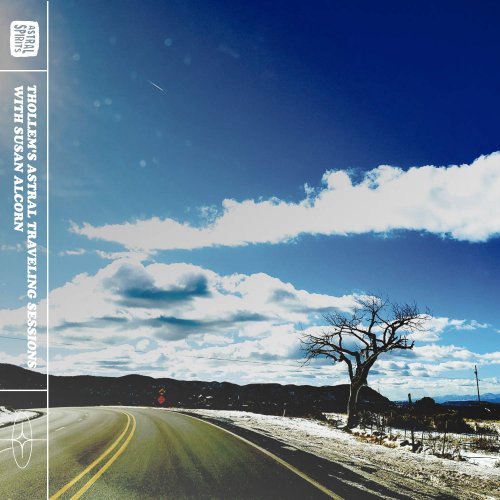

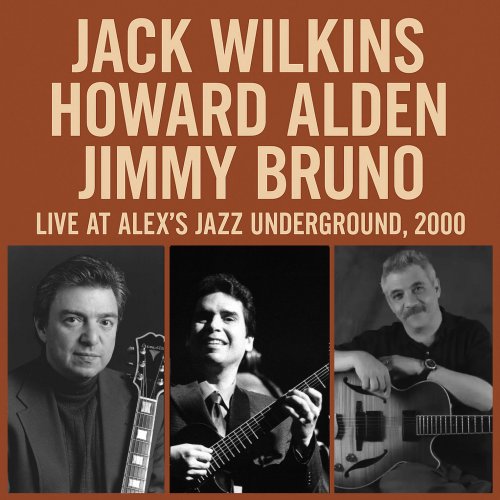
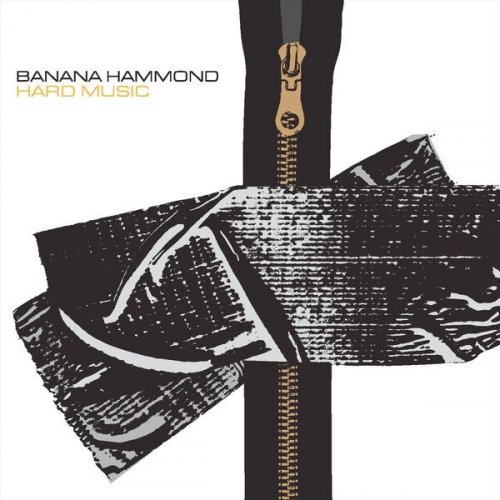

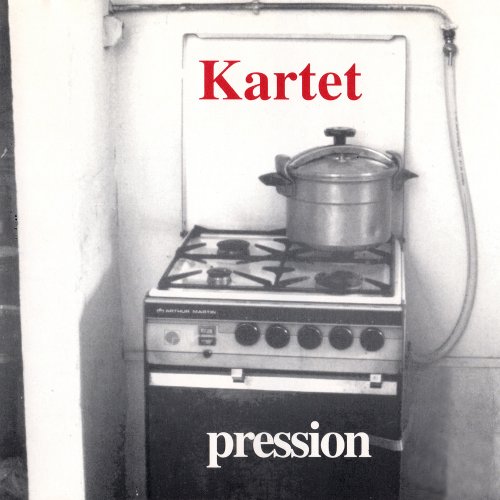
![Antonio Farao - Kind of... Piano solo (2026) [Hi-Res] Antonio Farao - Kind of... Piano solo (2026) [Hi-Res]](https://www.dibpic.com/uploads/posts/2026-01/1767893895_cover.jpg)
